Revolutionary ERP AI: Intelligent Business Operations
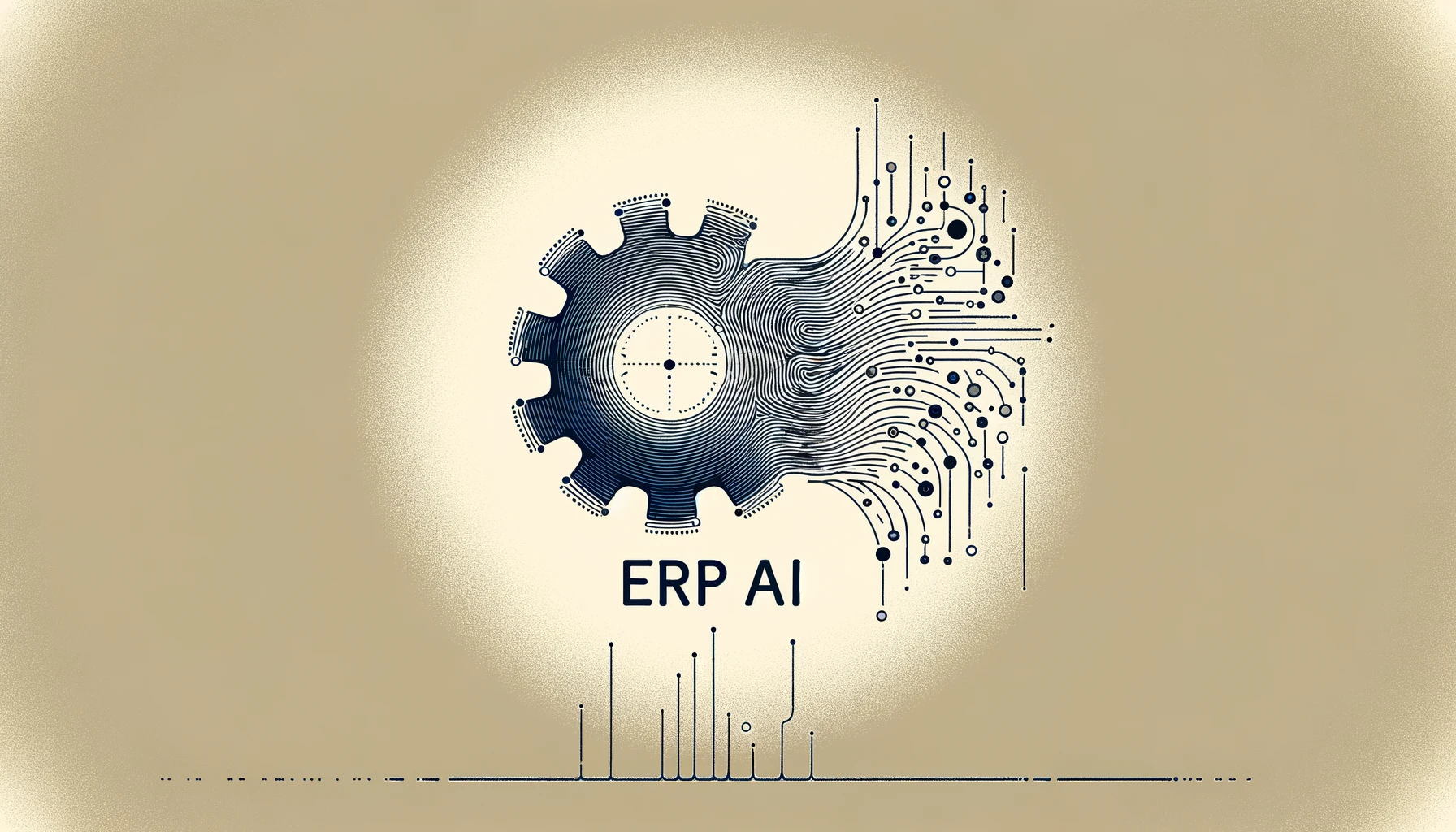
Discover the future of enterprise management with ERP AI: Streamlining operations and enhancing decision-making with advanced artificial intelligence.
Understanding ERP AI: Taking Business Intelligence to the Next Level
In today’s fast-paced digital world, businesses are constantly seeking ways to streamline operations, optimize efficiency, and gain a competitive edge. Enter ERP AI — a game-changing technology that’s taking business intelligence to the next level.
ERP AI, or Enterprise Resource Planning with Artificial Intelligence, is a sophisticated system that combines the power of AI with ERP software. This revolutionary technology enables businesses to automate and enhance various operational processes, from inventory management to customer service, thereby improving overall business performance.
The beauty of ERP AI lies in its ability to learn and adapt. Utilizing machine learning algorithms, it can analyze vast amounts of data, identify patterns, and make predictions. This allows businesses to make data-driven decisions and foresee potential issues before they arise.
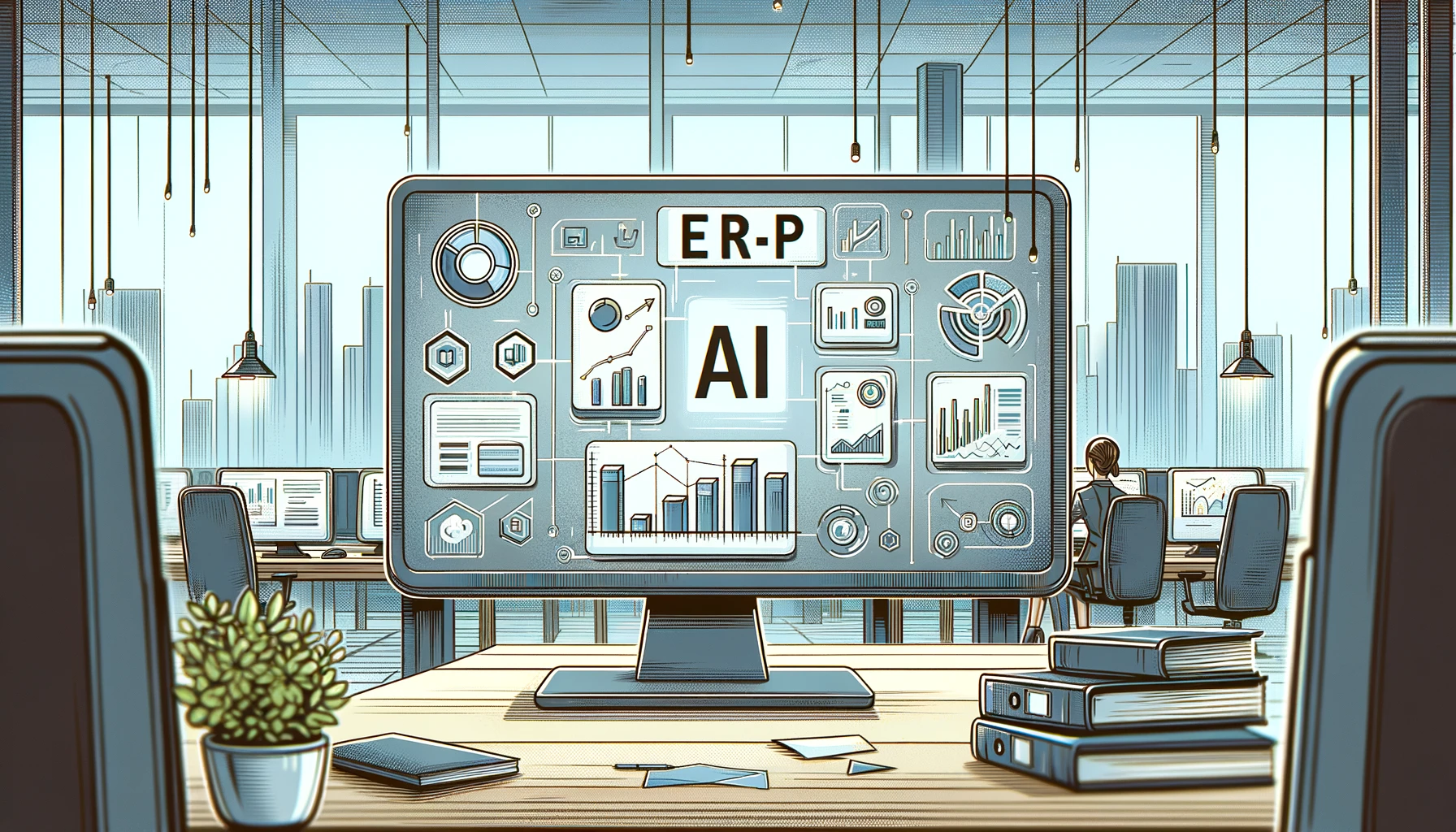
For instance, consider a company that uses ERP AI to manage its inventory. The system can predict when stock levels are likely to run low and automatically reorder supplies, thereby preventing disruptions in the supply chain. Similarly, ERP AI can analyze customer behavior and predict future trends, enabling businesses to personalize their marketing efforts and enhance customer satisfaction.
Here are some key benefits of implementing ERP AI:
- Enhanced Efficiency: By automating routine tasks, ERP AI frees up employees’ time, allowing them to focus on more strategic tasks.
- Improved Decision-Making: ERP AI provides valuable insights and predictive analytics, helping businesses make informed decisions.
- Increased Profitability: With improved efficiency and decision-making, businesses can reduce costs, increase sales, and ultimately boost profits.

However, integrating ERP AI into business operations isn’t without its challenges. Businesses need to ensure their employees are adequately trained to use these systems. Additionally, data privacy and security are paramount, given the sensitive nature of the information these systems handle.
ERP AI is indeed a powerful tool that can transform business operations. By harnessing the power of AI and integrating it with ERP systems, businesses can unlock new levels of efficiency and intelligence, propelling them towards a future of unprecedented growth and success.
How ERP AI Streamlines Business Processes and Boosts Efficiency
Integrating ERP AI into business operations can streamline processes and significantly boost efficiency. This technology can automate routine tasks, freeing up valuable time for your team to focus on more strategic initiatives.
For instance, in the area of inventory management, ERP AI can analyze past sales data and forecast future demand. This allows for optimal stock levels to be maintained, avoiding costly overstocking or understocking scenarios.
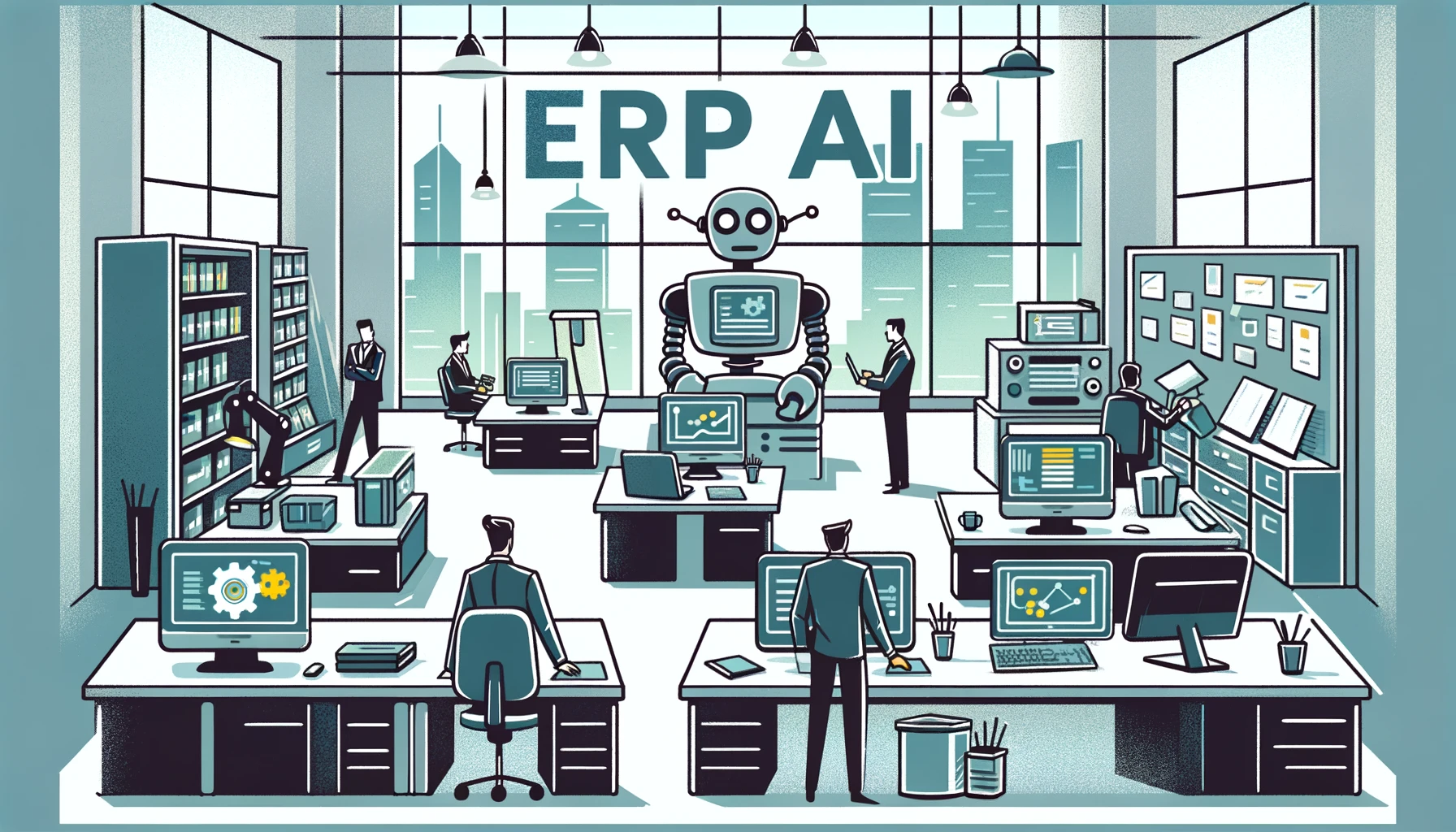
Additionally, ERP AI can enhance customer relationship management by analyzing customer behavior and predicting future trends. This enables businesses to tailor their marketing efforts to individual customer preferences, leading to improved customer satisfaction and loyalty.
Key ways in which ERP AI can streamline business processes and boost efficiency include:
- Automating routine tasks: ERP AI can handle time-consuming tasks such as data entry, freeing up your team to focus on more strategic initiatives.
- Optimizing inventory management: By analyzing sales data and forecasting demand, ERP AI ensures optimal stock levels are maintained.
- Enhancing customer relationship management: ERP AI can predict customer behavior, enabling tailored marketing efforts and improved customer satisfaction.
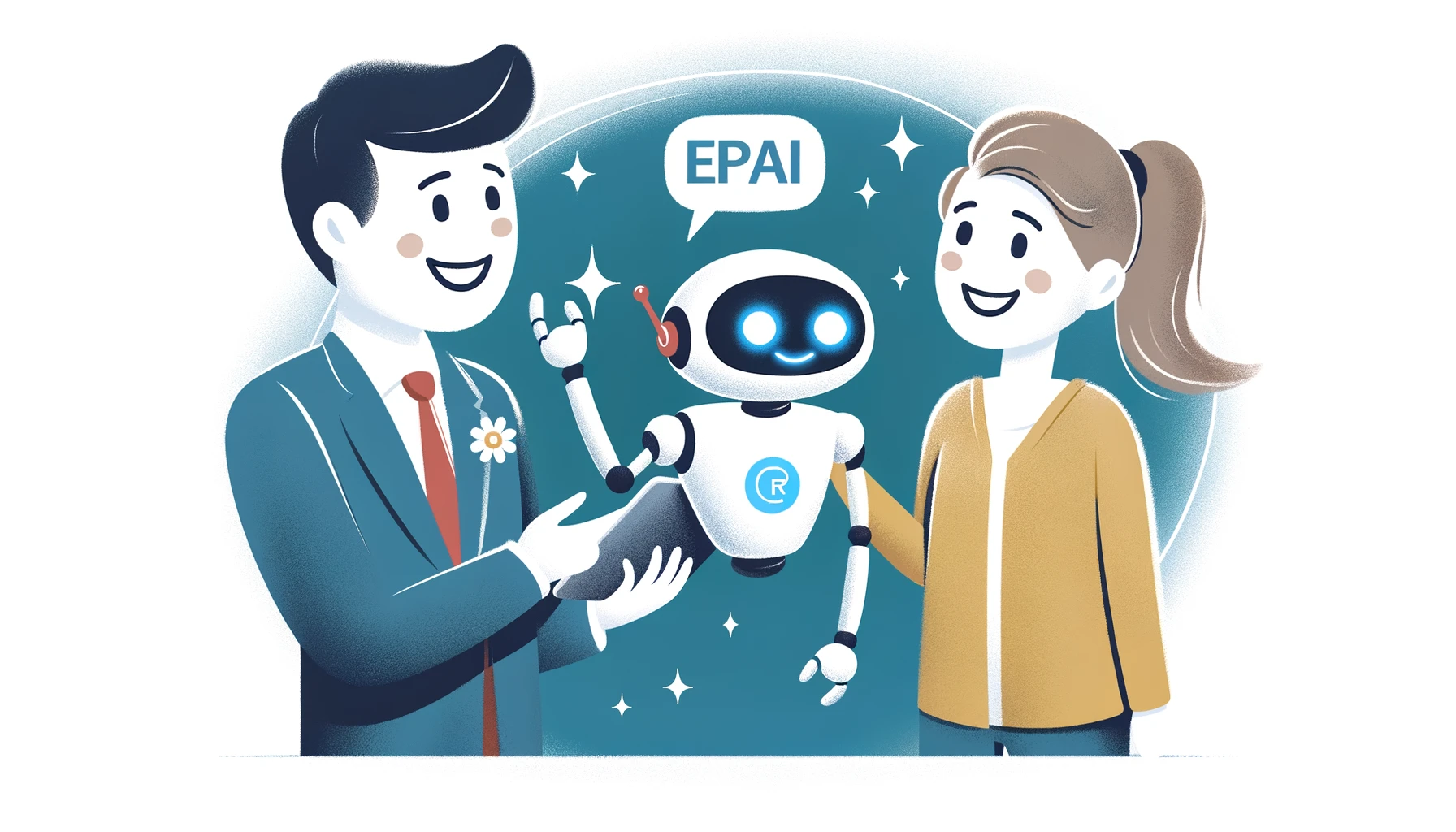
In the following table, we highlight the potential improvements that can be realized by integrating ERP AI into business operations:
| Metric | Before ERP AI | After ERP AI | Improvement |
|---|---|---|---|
| Order Processing Time (hours) | 24 |
8 |
-66% |
| Inventory Overstock Rate (%) | 20 |
5 |
-75% |
| Customer Satisfaction Score (out of 10) | 7 |
9 |
+28.6% |
In summary, ERP AI is a powerful tool that can transform business operations, making them more efficient and effective. The intelligent use of data can lead to improved decision-making, higher customer satisfaction, and ultimately, increased profitability.
Real-World Examples of ERP AI Elevating Business Operations
In the fascinating world of AI, real-world applications of ERP AI are also elevating business operations to new heights. Let’s explore some examples that illustrate the transformative power of this technology.
A leading e-commerce company implemented ERP AI to optimize its inventory management. The system analyzed historical sales data and predicted future demand, maintaining optimal stock levels and avoiding the costly consequences of overstocking or understocking. The result? A significant reduction in inventory holding costs and a boost in customer satisfaction due to the timely availability of products.
A multinational manufacturing firm using ERP AI can streamline its production planning. The system analyzes production data, identified patterns, and predicted potential bottlenecks. This allows the company to adjust its production schedules proactively, reducing downtime and increasing overall production efficiency.
ERP AI is also making waves in the field of customer relationship management. A global telecommunications company employed the technology to analyze customer behavior and predict future trends. This enabled the company to tailor its marketing efforts to individual customer preferences, resulting in improved customer satisfaction and loyalty.
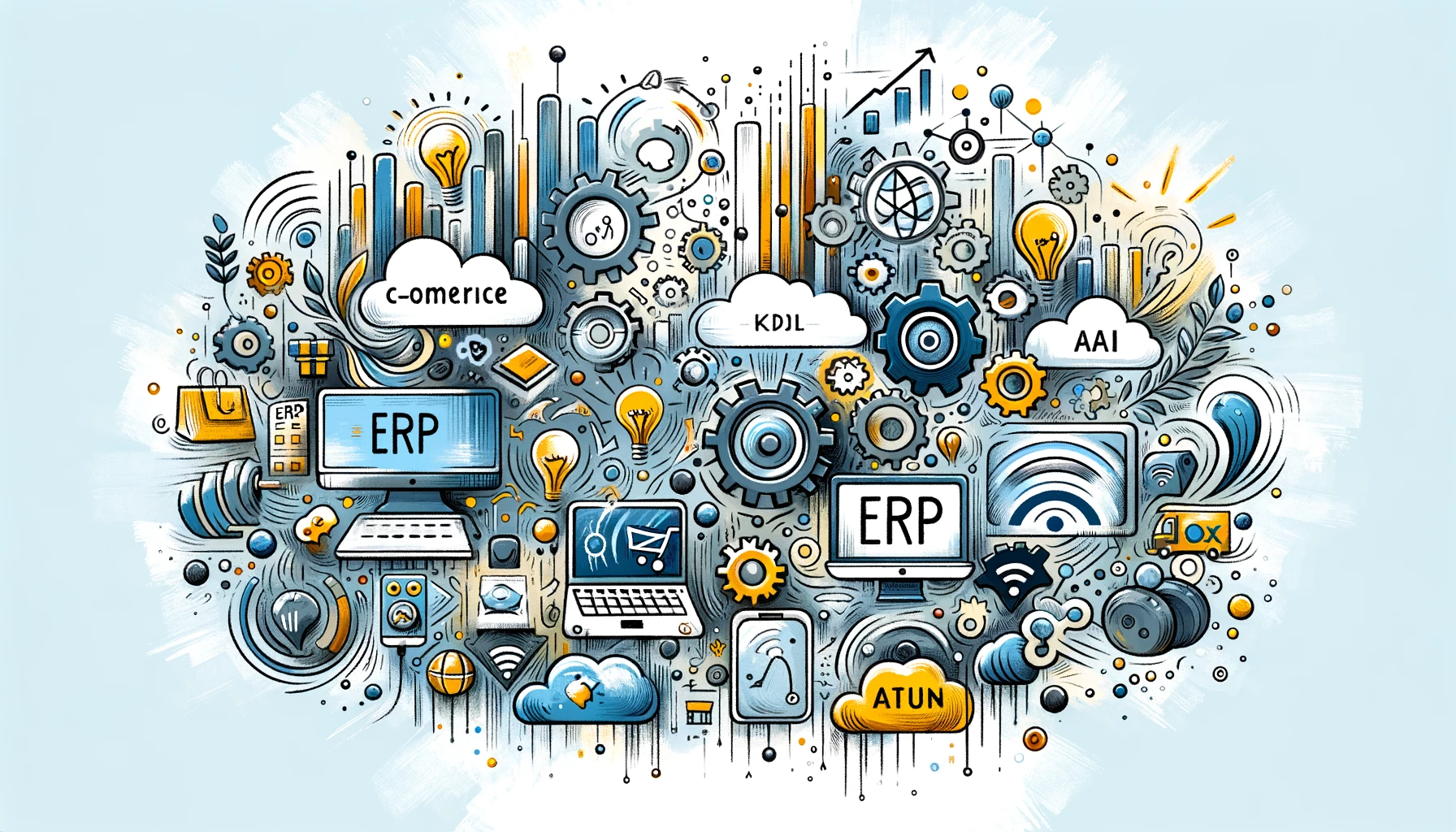
These examples underscore the transformative potential of ERP AI:
- Optimizing inventory management: By analyzing sales data and forecasting demand, ERP AI can maintain optimal stock levels, reducing costs and improving customer satisfaction.
- Streamlining production planning: ERP AI can identify production bottlenecks and enable proactive adjustments, increasing production efficiency.
- Enhancing customer relationship management: By analyzing customer behavior, ERP AI can help businesses tailor their marketing efforts, increasing customer satisfaction and loyalty.
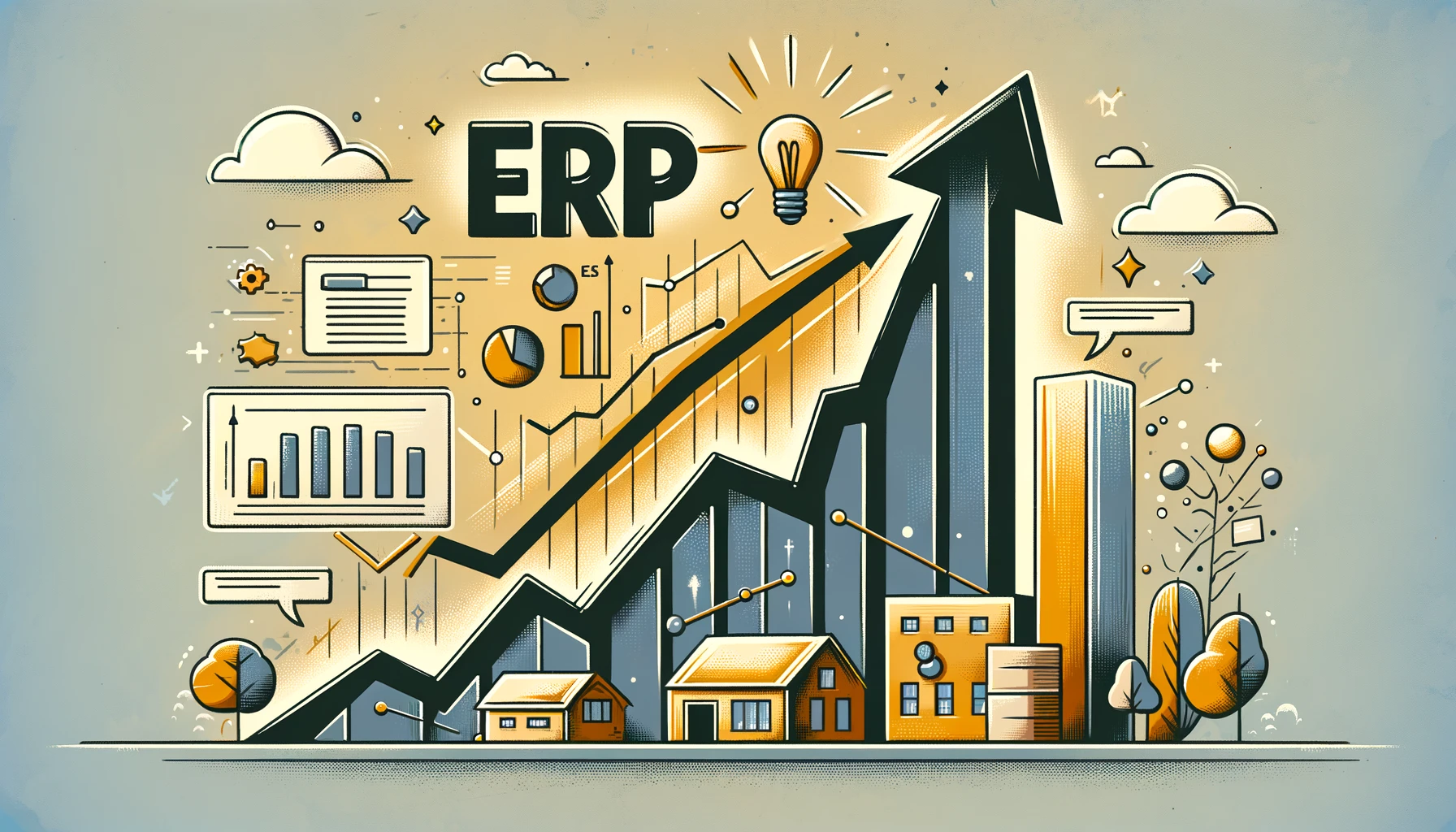
It is evident that ERP AI is not just a concept - it’s a real-world solution that’s transforming business operations across industries. By harnessing the power of AI, businesses can unlock unprecedented levels of efficiency and intelligence, setting the stage for a future of growth and success.
Getting Started with ERP AI: A Simple Guide for Businesses
Embracing ERP AI can seem daunting, but the process can be simplified into manageable steps. The first step is understanding your business needs. ERP AI is not one-size-fits-all; it can be tailored to suit various sectors and business sizes. It’s crucial to identify your pain points and business goals before diving in.
The next step is choosing the right ERP AI system. With numerous vendors offering different features, you need to select a system that aligns with your business needs and budget. Key factors to consider include ease of use, scalability, and vendor support.
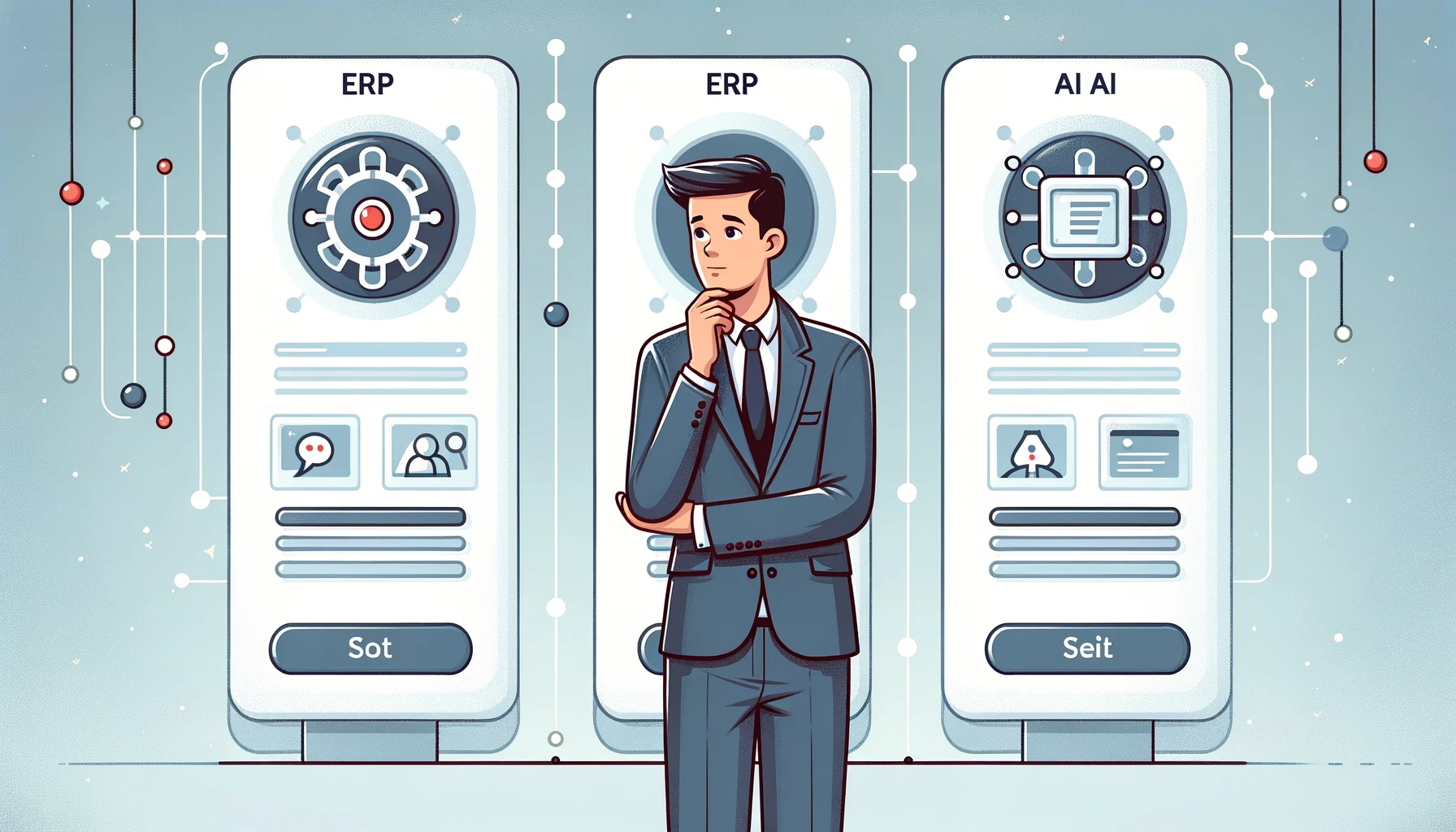
Once you’ve selected your ERP AI system, the implementation phase begins. This involves configuring the system to your business processes, importing data, and training staff. It’s a significant undertaking, but with meticulous planning and a dedicated implementation team, it can be a smooth transition.
ERP AI implementation can bring about significant changes, so it’s crucial to manage this change effectively. This could involve training sessions, regular updates, and ongoing support to ensure your team is comfortable with the new system.
Key steps to getting started with ERP AI:
- Understanding your business needs
- Choosing the right ERP AI system
- Implementing the system
- Managing change effectively
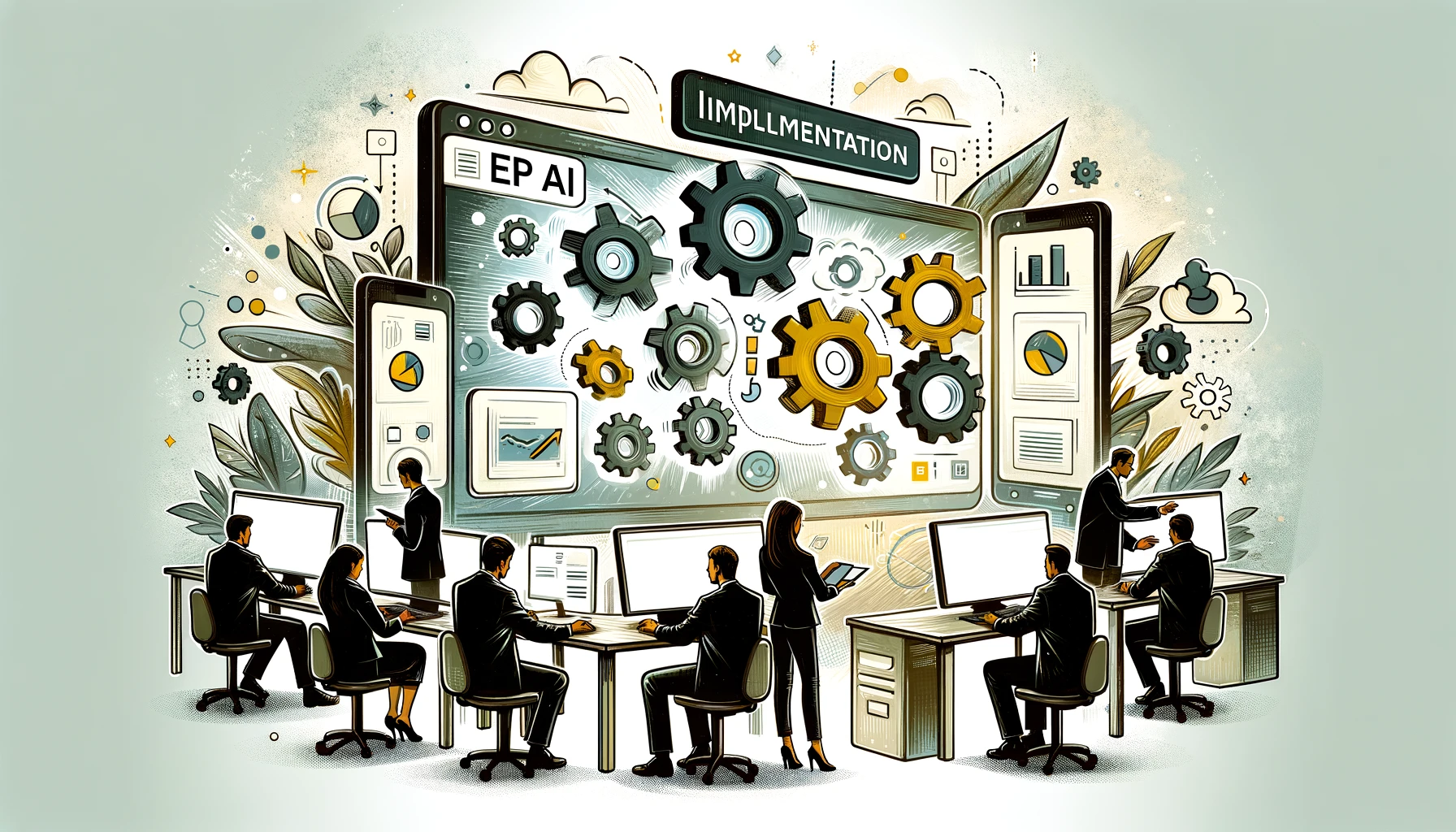
Here’s a snapshot of how businesses have seen improvements after implementing ERP AI:
| Metric | Before ERP AI | After ERP AI | Improvement |
|---|---|---|---|
| Operational Efficiency (%) | 60 |
85 |
+41.7% |
| Inventory Accuracy (%) | 70 |
95 |
+35.7% |
| Customer Satisfaction Score (out of 10) | 7 |
9 |
+28.6% |
In essence, getting started with ERP AI is a journey of understanding your business needs, selecting the right system, careful implementation, and effective change management. With these steps, ERP AI can be a transformative force in your business, streamlining operations, and driving growth.
How ERP AI Transforms Data into Actionable Insights for Your Business
In an era of data-driven decision-making, ERP AI is a powerful tool transforming a business’s raw data into actionable insights. This technology leverages machine learning algorithms to analyze vast amounts of data, identify patterns, and make predictions.
Consider a company that wants to optimize its sales strategy. With ERP AI, the company can analyze past sales data, identify trends, and predict future sales patterns. This insight enables the company to tailor its sales strategy, ensuring it targets the right customers at the right time with the right products.
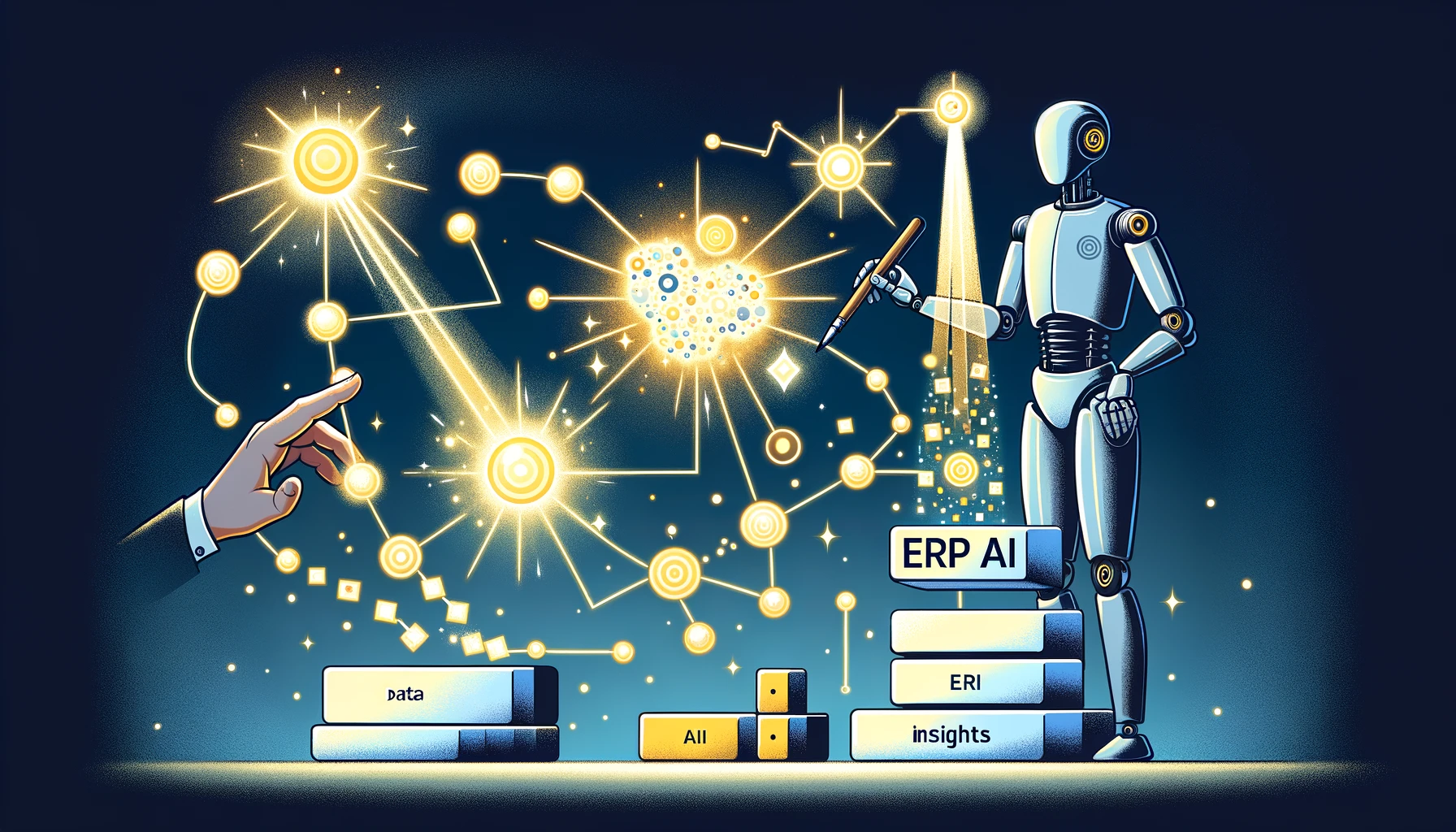
ERP AI also proves beneficial in improving customer service. By analyzing customer interaction data, ERP AI can help identify common customer issues, enabling the company to proactively address these concerns and improve customer satisfaction.
Key ways ERP AI transforms data into actionable insights include:
- Sales Optimization: ERP AI can analyze sales data to identify trends and predict future patterns, enabling companies to tailor their sales strategies.
- Customer Service Improvement: By analyzing customer interaction data, ERP AI can identify common customer issues and enable proactive solutions.
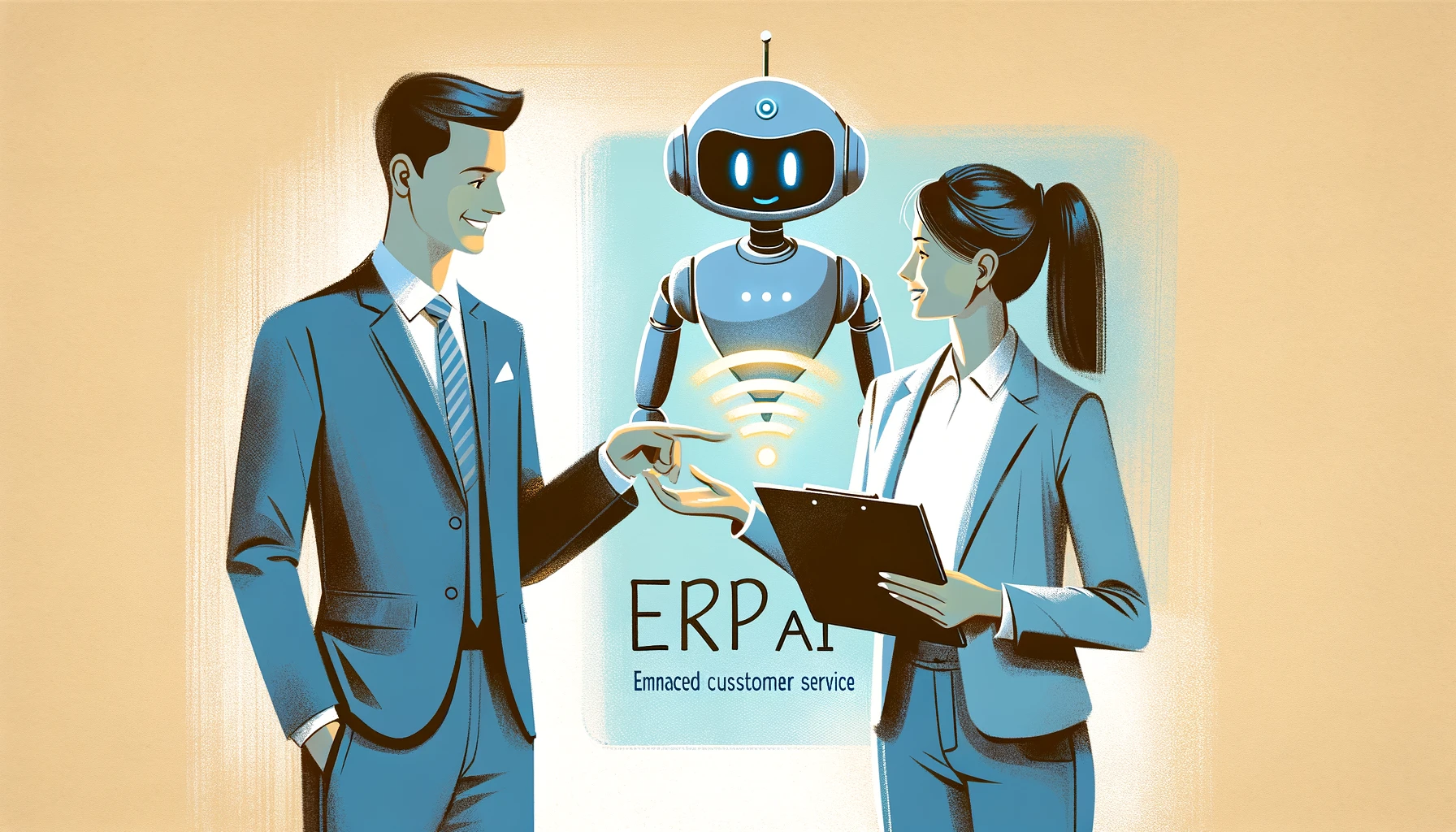
Here’s a snapshot of how businesses have seen improvements after implementing ERP AI:
| Metric | Before ERP AI | After ERP AI | Improvement |
|---|---|---|---|
| Sales Conversion Rate (%) | 20 |
28 |
+40% |
| Customer Satisfaction Score (out of 10) | 7 |
9 |
+28.6% |
In a nutshell, ERP AI is a transformative force, turning data into actionable insights. By harnessing this technology, businesses can make informed decisions, streamline operations, and ultimately, drive growth.
FAQs
-
What is ERP AI and How Does It Transform Enterprise Resource Planning? ERP AI refers to the integration of Artificial Intelligence in Enterprise Resource Planning systems. It revolutionizes traditional ERP by enabling smarter decision-making, automating processes, and providing predictive analytics, leading to increased efficiency and effectiveness in business operations.
-
How Does AI Enhance the Functionality of ERP Systems? AI enhances ERP systems by introducing capabilities like machine learning, natural language processing, and advanced data analytics. This allows for automated trend analysis, improved forecast accuracy, real-time decision support, and enhanced user experiences through intelligent interfaces.
-
Can ERP AI Be Tailored to Specific Industry Needs? Yes, ERP AI can be customized to meet the unique requirements of different industries. By leveraging AI, ERP systems can be adapted to specific operational workflows, compliance standards, and data analysis needs, making them highly versatile and industry-specific.
-
What Are the Benefits of Implementing AI in ERP Systems? Implementing AI in ERP systems leads to numerous benefits, such as increased operational efficiency, reduced costs, enhanced data accuracy, improved supply chain management, and proactive decision-making. It also provides businesses with insights for strategic planning and competitive advantage.
-
Is ERP AI Suitable for Small and Medium-Sized Enterprises? Absolutely. ERP AI is scalable and can be beneficial for businesses of all sizes, including small and medium-sized enterprises. It offers SMEs the opportunity to leverage advanced technology for optimizing their processes, making data-driven decisions, and competing effectively in their markets.
Read more about low-code platform ozma.io
ERP for Small Business UK: Streamlining Operations
ERP for Manufacturing: Optimizing Production Efficiency





